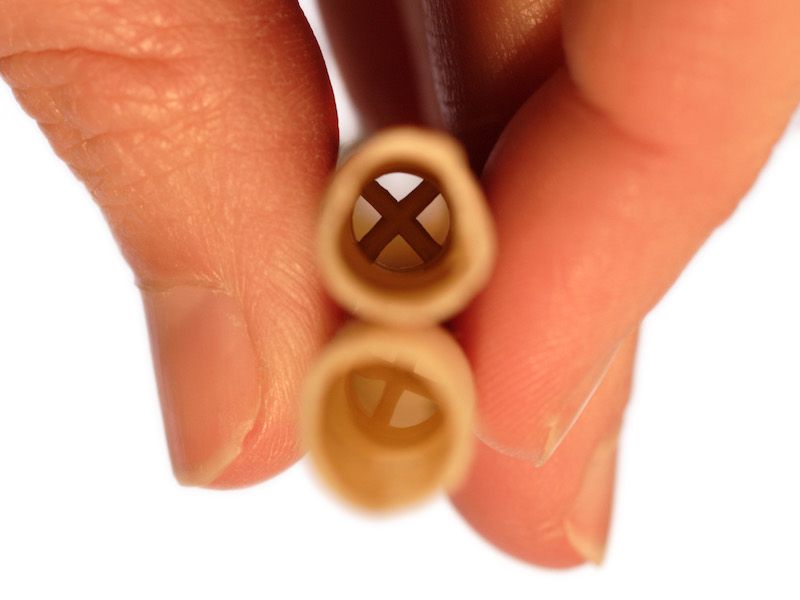
In some groups, the practice called “ear candling” is routinely thought to be a good way to reduce earwax. Does ear candling work and what is it?
Is Ear Candling Effective?
Spoiler alert: No. No, they don’t.
Why then, does this bit of pseudo-science keep burrowing its way into the minds of otherwise reasonable people? It’s hard to say with much precision. But even though the logical decision is pretty obvious, learning more about the risks of earwax candling will help us make an educated choice.
What is Earwax Candling?
So the basic setup goes like this: Maybe you have too much earwax and you aren’t really sure how to eliminate it. You know you aren’t supposed to use cotton swabs (which is good, cotton swabs are not a great way to clear out your ears, in most cases). So you start looking for a substitute and come across this technique called earwax candling.
Here’s how earwax candling purportedly works: By sticking a candle into your ear (wick side out), you create a pressure differential. This pressure differential then sucks the wax out. Theoretically, the pressure differential is enough to break up any wax that may be log-jamming in your ear. But cleaning your ears like this can be dangerous.
Why Isn’t Ear Candling Effective
This practice has several issues, including the fact that the physics simply don’t work. You would need a considerable amount of pressure to move earwax around and a candle is not capable of creating that kind of pressure. Also, a candle doesn’t possess the kind of seal needed to hold pressure.
Now, the candles that they use in these “procedures” are supposed to be special. All of the wax that was in your ear can be located inside the hollow portion of the candle which can be broken up when you’re done with your 15 minutes of ear candling. The only problem is that the same debris shows up in both burned and unburned candles. So this “validation” is actually nonsense.
Scientific research has never been able to prove any benefit associated with earwax candling.
So we Know Ear Candling Doesn’t Work But Dangerous is it?
So, you might as well give it a try, right? Well, any time you get hot candle wax around your ears, you’re asking for trouble. Look, it’s quite possible that you may try ear candling and leave completely unscathed. Plenty of people do. But there are certainly risks involved and it’s certainly not safe.
Here are a few negative impacts of ear candling:
- Severe burns to your inner ear. When melted candle wax gets inside your ear, it can lead to serious hearing problems and burns. This could permanently damage your hearing in the most extreme cases.
- Whenever you’re messing around with an open flame, there’s a chance that you might cause significant harm and put your life in danger. Seriously, you may burn down your house. It’s not worth the danger to attempt this ineffective technique of wax removal.
- Once the wax cools down it can clog up your ear canal. You could wind up temporarily losing your hearing or even needing surgery in severe cases.
You Can Clean Your Ears Without Needing a Candle
In the majority of circumstances you won’t even need to be concerned about cleaning earwax out. That’s because your ears are really pretty good at cleaning themselves! Nevertheless, there are certain people who will have abnormally heavy earwax production or accumulation to contend with.
If you do need to clean your ears out because of excessive wax, there are scientifically-proven (and effective) means to do that safely. You could use a fluid wash, for example. Or you might see a professional who will be able to use specialized tools to clean the extra wax or wax blockages out.
You should continue to avoid cotton swabs. And open flames are not good either. Earwax candling isn’t effective, and it can create dangers that will put your comfort and your hearing in considerable peril. Try burning candles for their sent or for enjoyment but never as a method to clean your ears.
